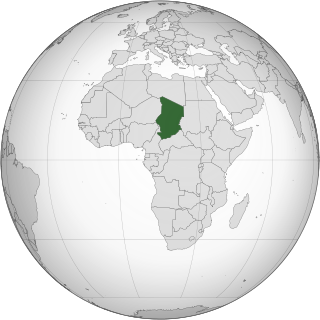
Lesbian, gay, bisexual, and transgender (LGBT) people in Chad face legal challenges not experienced by non-LGBT residents. Both male and female forms of same-sex sexual activity are illegal in the country. Before the new penal code took effect in August 2017, homosexual activity between adults had never been criminalised. There is no legal protection against discrimination based on sexual orientation and gender identity.
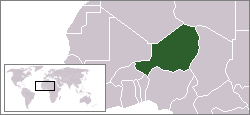
Lesbian, gay, bisexual, and transgender (LGBT) people in Niger face legal challenges not experienced by non-LGBT residents. Although same-sex sexual activity is legal, the Nigerien LGBT community faces stigmatization among the broader population.
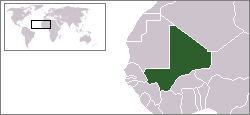
Lesbian, gay, bisexual, and transgender (LGBT) people in Mali face legal and societal challenges not experienced by non-LGBT residents. Although same-sex sexual activity is not illegal in Mali, LGBT people face widespread discrimination among the broader population. According to the 2007 Pew Global Attitudes Project, 98 percent of Malian adults believed that homosexuality is considered something society should not accept, which was the highest rate of non-acceptance in the 45 countries surveyed.

Lesbian, gay, bisexual, and transgender (LGBT) people in the Democratic Republic of the Congo (DRC) face discrimination and legal challenges not experienced by non-LGBT residents. Same-sex sexual activity is legal for both males and females in the Democratic Republic of the Congo, although LGBT individuals may still be targeted for prosecution under public indecency provisions on occasion.
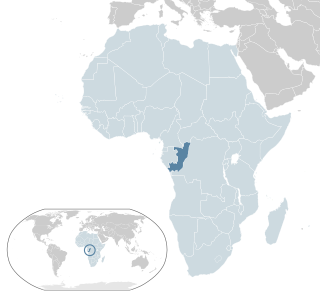
Lesbian, gay, bisexual, and transgender (LGBT) people in the Republic of the Congo face legal challenges not experienced by non-LGBT residents. Both male and female expressions of homosexuality are legal in the Republic of the Congo, but same-sex couples and households headed by same-sex couples are not eligible for the same legal protections available to opposite-sex couples, with reports of discrimination and abuses towards LGBT people.

Lesbian, gay, bisexual, and transgender (LGBT) people in Gabon face legal challenges not experienced by non-LGBT residents. Except for a period between July 2019 and June 2020, same-sex sexual activity has generally been legal in Gabon.
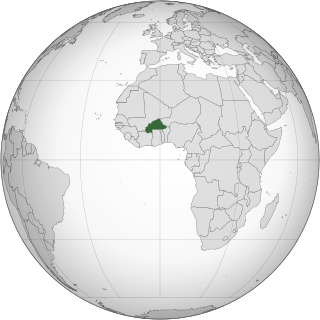
Lesbian, gay, bisexual, and transgender (LGBT) people in Burkina Faso face legal issues not experienced by non-LGBT citizens. Although same-sex sexual acts are legal for both men and women in Burkina Faso, there is no legal recognition of same-sex marriage or adoption rights.
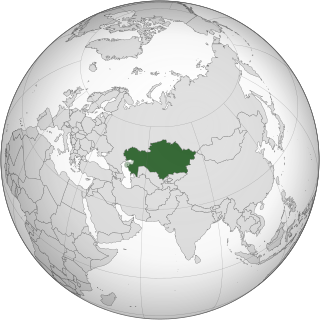
Lesbian, gay, bisexual, and transgender (LGBT) people in Kazakhstan face legal challenges not experienced by non-LGBT citizens. Both male and female same-sex sexual activity are legal in Kazakhstan, but same-sex couples and households headed by same-sex couples are not eligible for the same legal protections available to opposite-sex married couples.
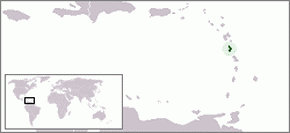
Lesbian, gay, bisexual, and transgender (LGBT) people in Dominica face legal challenges not experienced by non-LGBT residents. Sodomy, also known as "buggery", is illegal for both heterosexuals and homosexuals. Dominica provides no recognition to same-sex unions, whether in the form of marriage or civil unions, and no law prohibits discrimination on the basis of sexual orientation or gender identity.
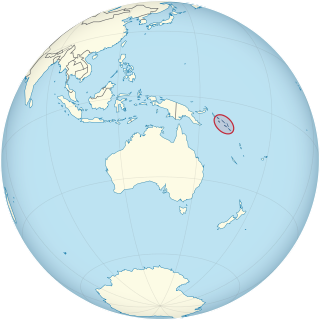
Lesbian, gay, bisexual, and transgender (LGBT) people in Solomon Islands face legal challenges not experienced by non-LGBT residents. Male same-sex sexual activity is illegal, punishable by up to 14 years imprisonment, but the law is not enforced.
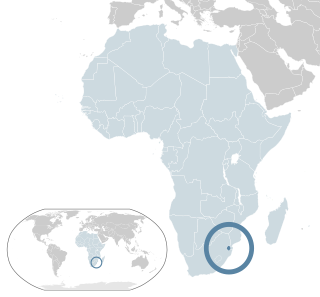
Lesbian, gay, bisexual, and transgender (LGBT) people in Eswatini have limited legal rights. According to Rock of Hope, a Swati LGBT advocacy group, "there is no legislation recognising LGBTIs or protecting the right to a non-heterosexual orientation and gender identity and as a result [LGBT people] cannot be open about their orientation or gender identity for fear of rejection and discrimination". Homosexuality is illegal in Eswatini, though this law is in practice unenforced. According to the 2021 Human Rights Practices Report from the US Department of State, "there has never been an arrest or prosecution for consensual same-sex conduct."
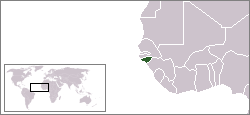
Lesbian, gay, bisexual, and transgender (LGBT) people in Guinea-Bissau face legal challenges not experienced by non-LGBT residents. Same-sex sexual activity is legal in Guinea-Bissau, but same-sex couples and households headed by same-sex couples are not eligible for the same legal protections available to opposite-sex couples.
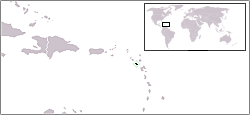
Lesbian, gay, bisexual, and transgender (LGBT) persons in Montserrat face legal challenges not experienced by non-LGBT residents. Same-sex sexual activity has been legal in Montserrat since 2001.

Lesbian, gay, bisexual, and transgender (LGBT) people in Seychelles face legal challenges not experienced by non-LGBT residents. Same-sex sexual activity has been legal since 2016, and employment discrimination on the basis of sexual orientation is banned in Seychelles, making it one of the few African countries to have such protections for LGBT people. However, LGBT people may nonetheless face stigmatization among the broader population.
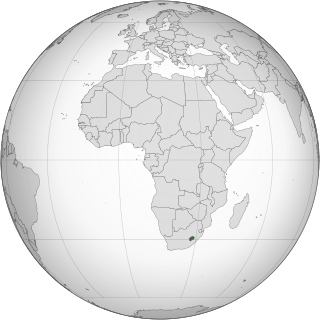
Lesbian, gay, bisexual, and transgender (LGBT) people in Lesotho face legal challenges not experienced by non-LGBT residents. Lesotho does not recognise same-sex marriages or civil unions, nor does it ban discrimination on the basis of sexual orientation or gender identity.

Lesbian, gay, bisexual, and transgender (LGBT) people in Togo face legal challenges not experienced by non-LGBT residents. Both male and female same-sex sexual activity is illegal in Togo.
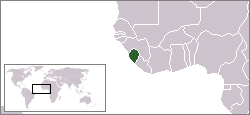
Lesbian, gay, bisexual, and transgender (LGBT) people in Sierra Leone face legal challenges not experienced by non-LGBT residents. Male same-sex sexual activity is illegal in Sierra Leone and carries a possible penalty of life imprisonment, although this law is seldom enforced.

Lesbian, gay, bisexual, and transgender (LGBT) people in Equatorial Guinea face legal challenges not experienced by non-LGBT residents. Both male and female kinds of same-sex sexual activity are legal in Equatorial Guinea, however LGBT persons face stigmatization among the broader population, and same-sex couples and households headed by same-sex couples are not eligible for the same legal protections available as opposite-sex couples.

Lesbian, gay, bisexual and transgender (LGBT) people in Mozambique face legal challenges not faced by non-LGBT people. Same-sex sexual activity became legal in Mozambique under the new Criminal Code that took effect in June 2015. Discrimination based on sexual orientation in employment has been illegal since 2007.

Lesbian, gay, bisexual and transgender (LGBT) people in Micronesia may face challenges not faced by non-LGBT people. Households headed by same-sex couples are not eligible for the same legal protections available to opposite-sex married couples, as same-sex marriage and civil unions are not recognized. Discrimination on the basis of sexual orientation has been illegal since 2018.





















